Latest articles by Alberto de Rosa
- Vigo’s Gold Medal for Ribera Povisa: pride and commitment
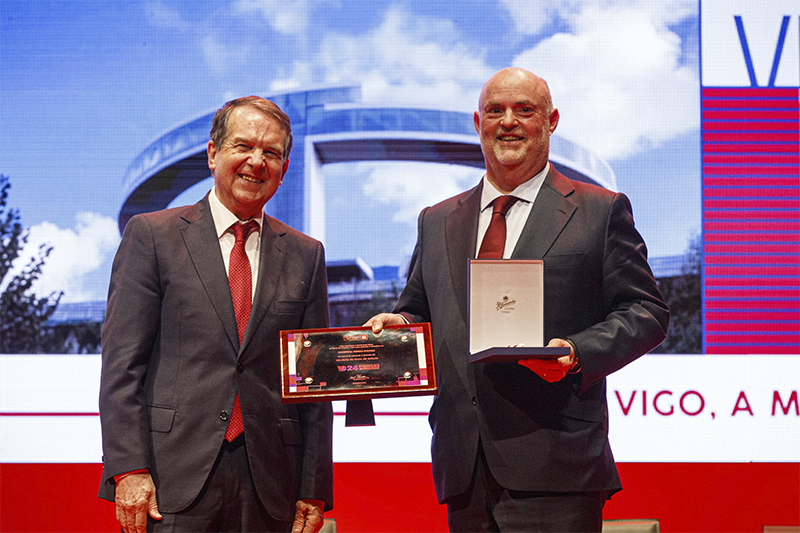 Yesterday was a very special day for the Ribera healthcare group in general and for Povisa in … Leer más
Yesterday was a very special day for the Ribera healthcare group in general and for Povisa in … Leer más - Mourning and the response of a Valencia in solidarity
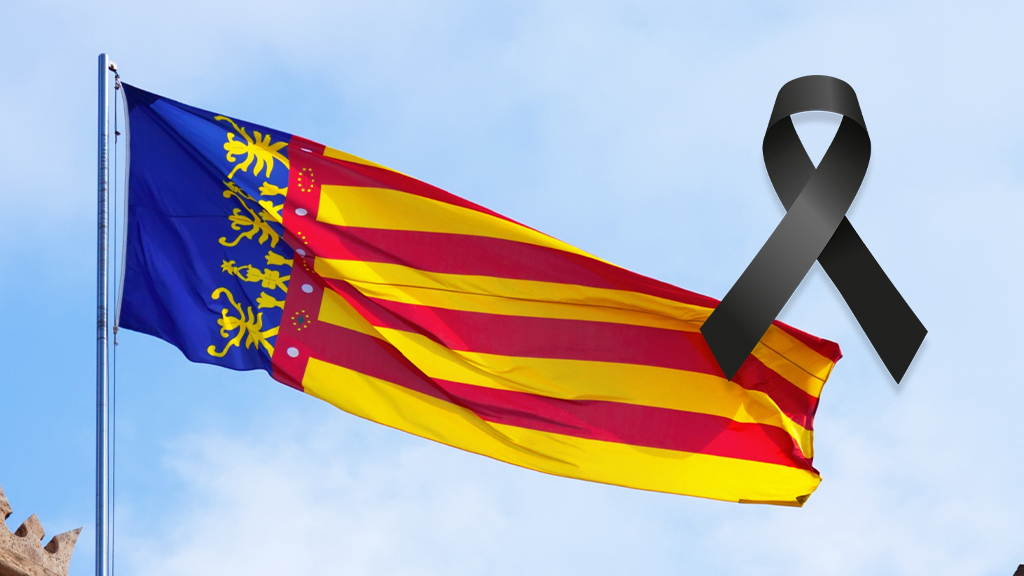 I usually use this blog to give my opinion on the healthcare situation, the future of healthcare … Leer más
I usually use this blog to give my opinion on the healthcare situation, the future of healthcare … Leer más - Microsoft, Ribera and Seattle
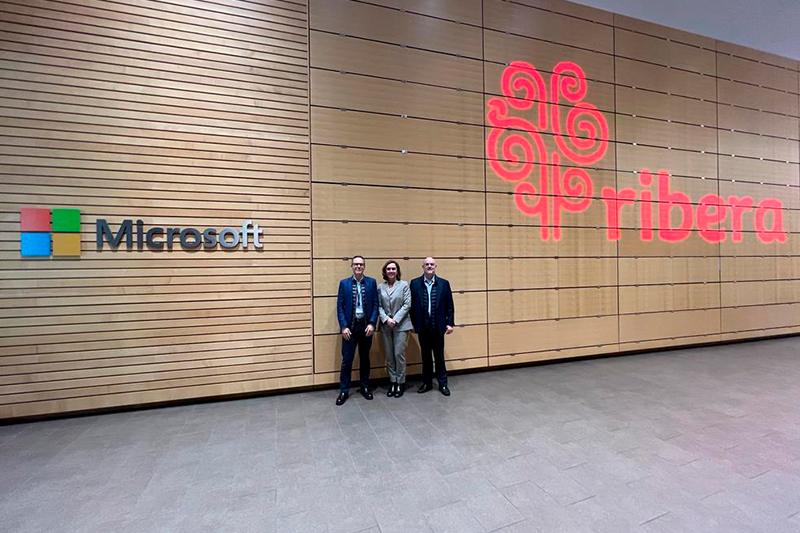 The first thing I would like to do as I begin my first blog entry in 2024 … Leer más
The first thing I would like to do as I begin my first blog entry in 2024 … Leer más - 25 years in Ribera: the journey of my life
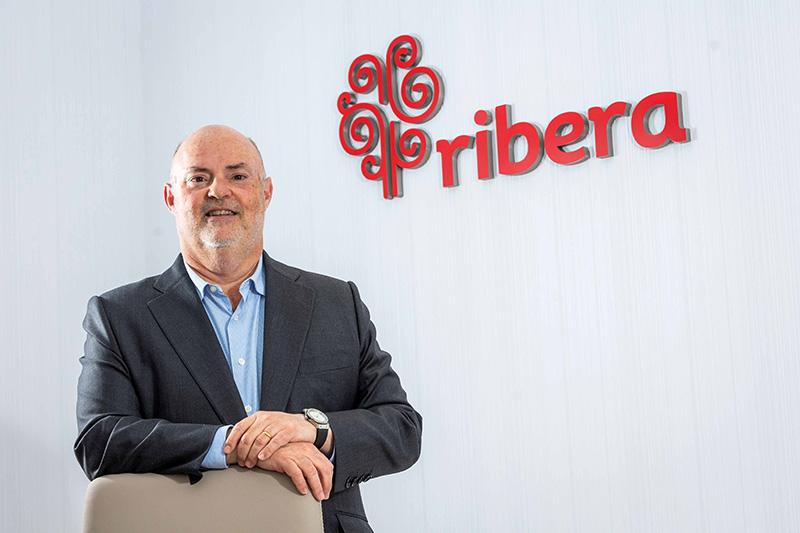 Today, 1st December 2023, I am celebrating 25 years at Ribera and in the public-private partnership model … Leer más
Today, 1st December 2023, I am celebrating 25 years at Ribera and in the public-private partnership model … Leer más - The True Face of Valencian Healthcare
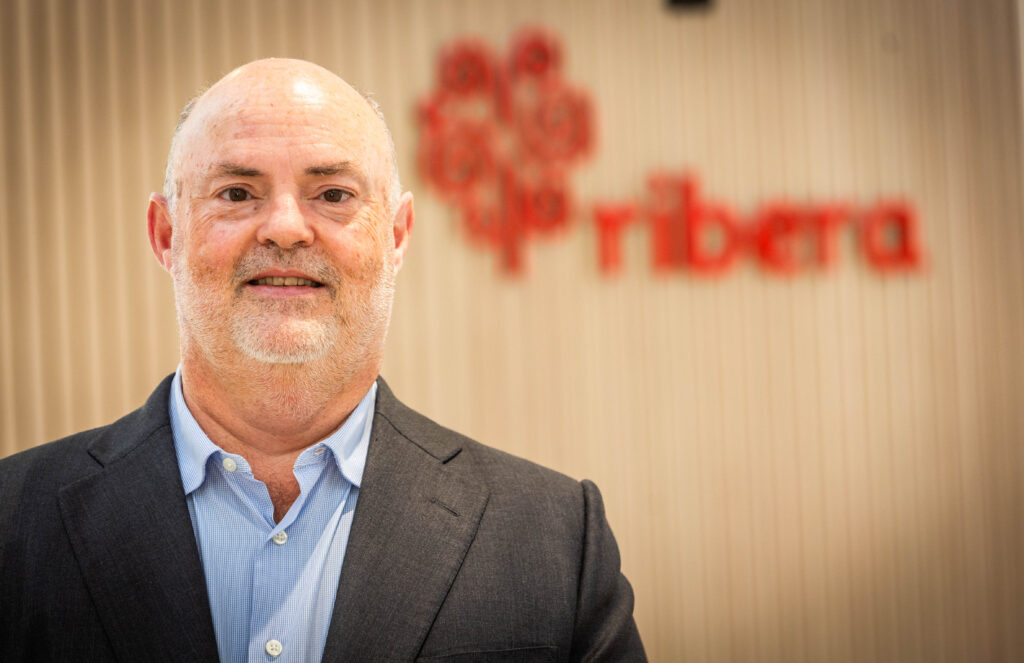 A couple of weeks ago, I closely followed the first appearance in Les Corts Valencianes of the … Leer más
A couple of weeks ago, I closely followed the first appearance in Les Corts Valencianes of the … Leer más - Innovation and Collaborative Healthcare
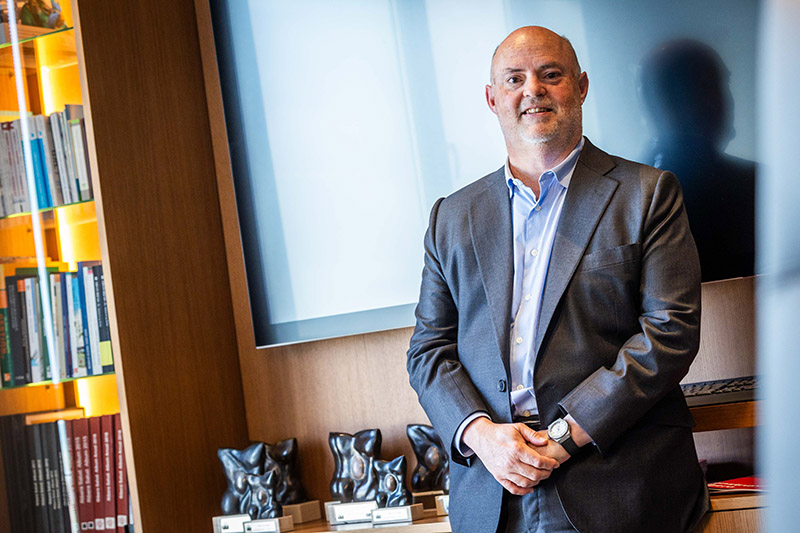 This week, I had the privilege of participating in a major forum on innovation, the Portugal Healthcare … Leer más
This week, I had the privilege of participating in a major forum on innovation, the Portugal Healthcare … Leer más - Portugal takes action
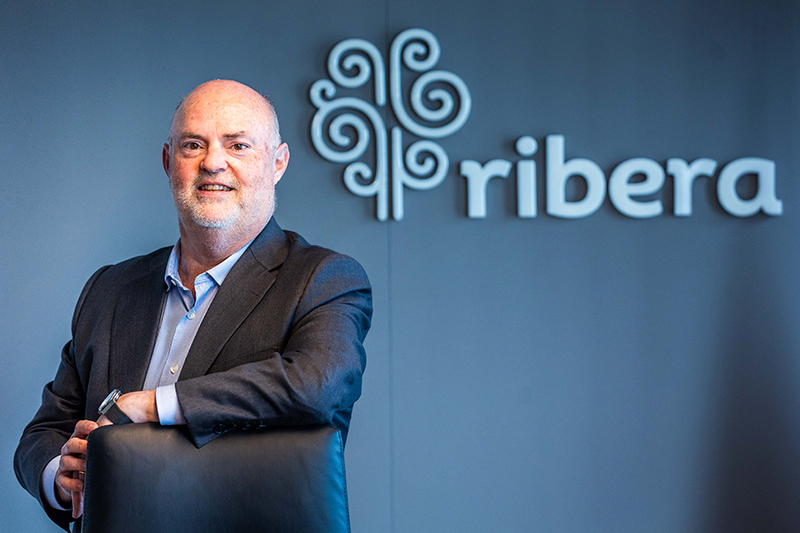 Just a few days ago, the Portuguese Government presented the draft Decree Law for the reform of … Leer más
Just a few days ago, the Portuguese Government presented the draft Decree Law for the reform of … Leer más - Muface, underfunding and trade union advocacy
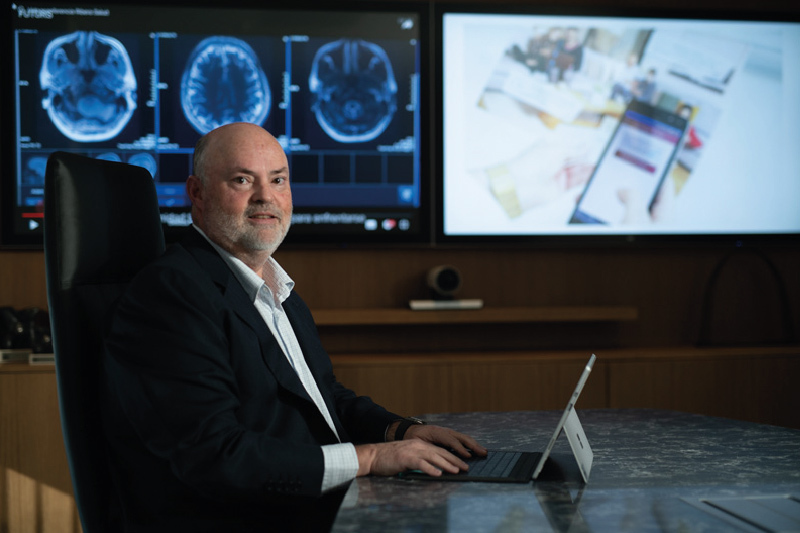 Wherever you look, healthcare is going through a very complex time. And the public administrations are not … Leer más
Wherever you look, healthcare is going through a very complex time. And the public administrations are not … Leer más - The genetics of internationalisation
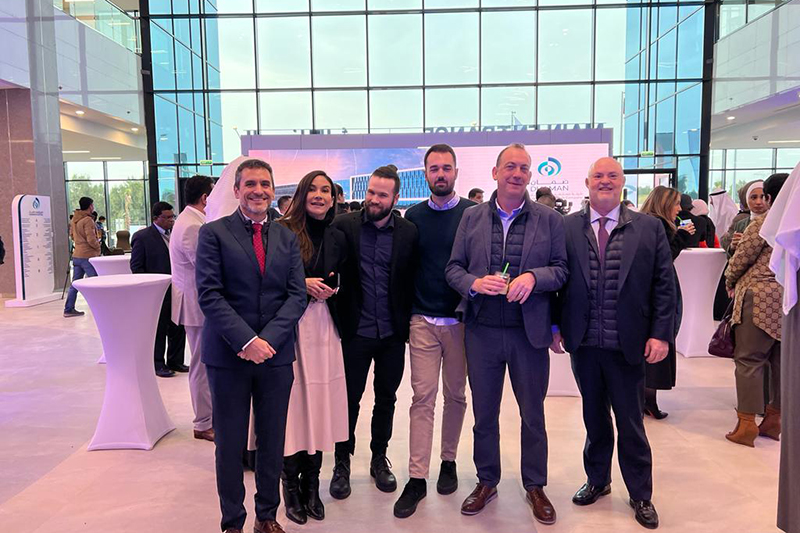 While I was travelling to Kuwait last week, I was thinking about how, thanks to the public-private … Leer más
While I was travelling to Kuwait last week, I was thinking about how, thanks to the public-private … Leer más
Below you can find all the articles by Alberto de Rosa

